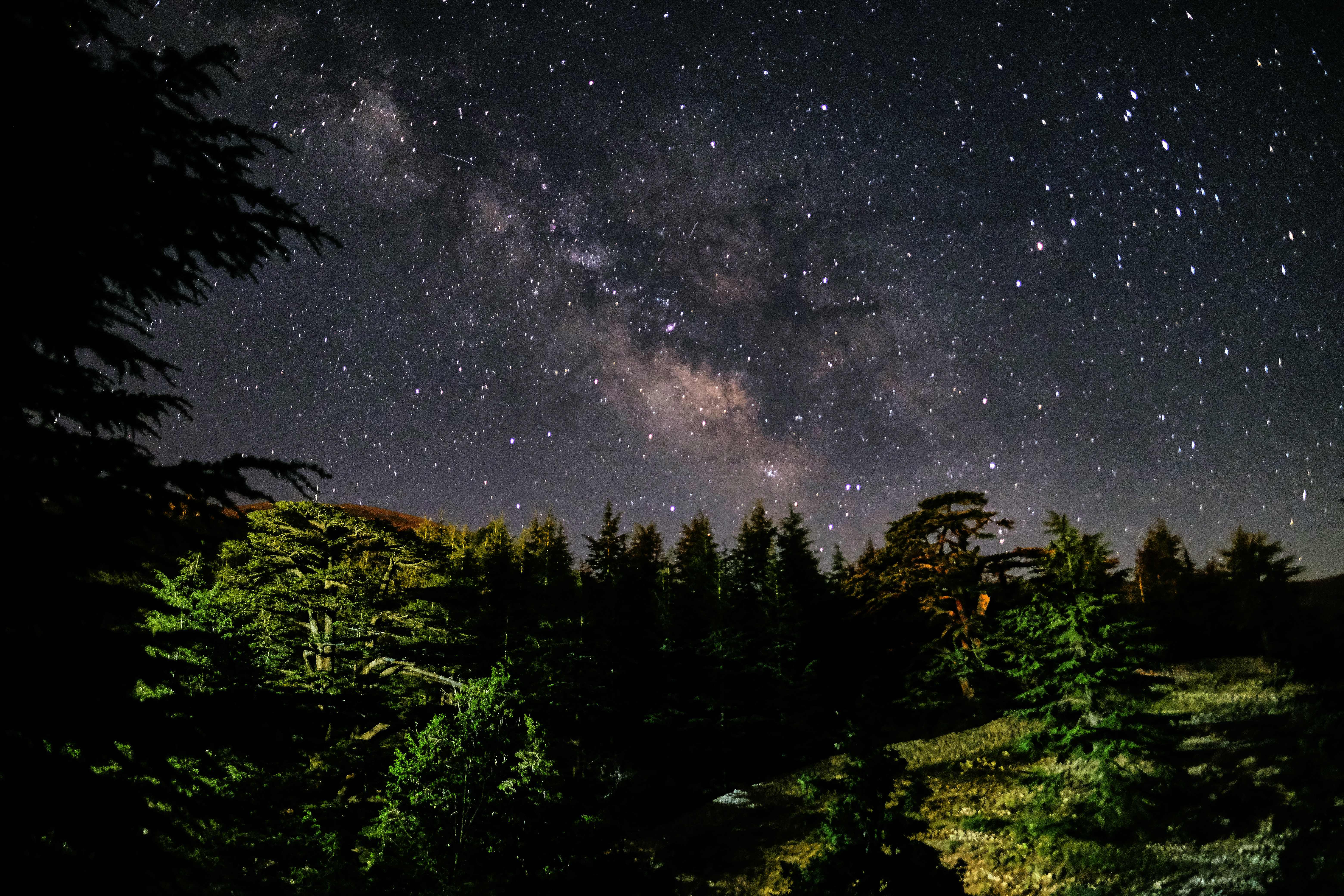Something unknown is changing how quickly the universe is expanding, scientists say
Your support helps us to tell the story
From reproductive rights to climate change to Big Tech, The Independent is on the ground when the story is developing. Whether it's investigating the financials of Elon Musk's pro-Trump PAC or producing our latest documentary, 'The A Word', which shines a light on the American women fighting for reproductive rights, we know how important it is to parse out the facts from the messaging.
At such a critical moment in US history, we need reporters on the ground. Your donation allows us to keep sending journalists to speak to both sides of the story.
The Independent is trusted by Americans across the entire political spectrum. And unlike many other quality news outlets, we choose not to lock Americans out of our reporting and analysis with paywalls. We believe quality journalism should be available to everyone, paid for by those who can afford it.
Your support makes all the difference.Something is changing the expansion rate of the universe, scientists have said.
For decades, researchers have been attempting to measure the “Hubble constant”, or the speed at which the cosmos is expanding. But as those measurements have become more precise, they have also become less clear: different ways of measuring the expansion show different results.
Scientists do not know why that might be happening. It may be that we have misunderstood the universe and its physics, or it may be that the measurements have been inaccurate.

Now, however, researchers have used the James Webb Space Telescope along with the Hubble Space Telescope to try and get rid of any doubts about the accuracy of the measurements. They seem to suggest that they are correct – and that there is something affecting the expansion rate of the universe that we are not aware of.
“With measurement errors negated, what remains is the real and exciting possibility we have misunderstood the universe,” said Adam Riess, a physicist at Johns Hopkins University in Baltimore. “We’ve now spanned the whole range of what Hubble observed, and we can rule out a measurement error as the cause of the Hubble Tension with very high confidence.”
Scientists used the Webb telescope in 2023 to confirm Hubble’s observations, and indicate that the measurements were correct. But others suggested that there could be a flaw in that work, if the measurements we use become less accurate with distance.
In the new work, they combined Webb and Hubble observations for “the best of both worlds”. They indicated those measurements stay reliable even further away.
The work is described in a new paper, ‘JWST Observations Reject Unrecognized Crowding of Cepheid Photometry as an Explanation for the Hubble Tension at 8σ Confidence’, published in The Astrophysical Journal Letters.

Join our commenting forum
Join thought-provoking conversations, follow other Independent readers and see their replies
Comments